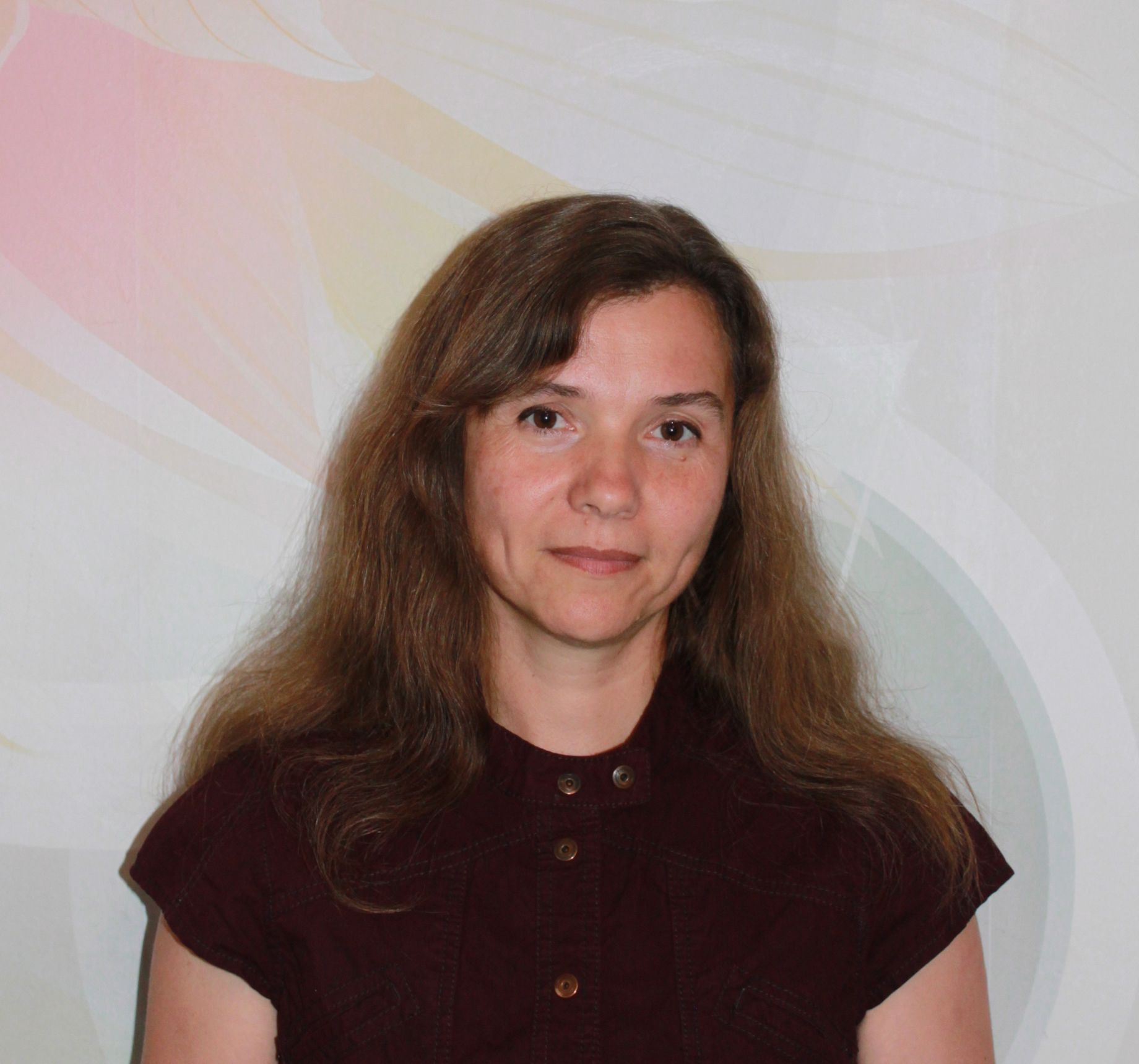2024-25
The Tonality of the Archives of the Displaced Ukrainians’ Memory
In the forthcoming project phase, Olha Haidamachuk aims to expand their study on Ukrainians' memory archives, focusing on the hierarchy of available, suppressed, or repressed memories. The investigation explores the safety in identifying as “born in the USSR” and expressing pride in Ukrainian heritage. The project delves into potential risks of detonation, metaphorically termed “false intonation”, within these archives.
The plan involves analyzing in-depth interviews collected by the War, Migration, Memory research group at the Forum Transregionale Studien over the past year. This aims to corroborate earlier findings and gather fresh interviews with Ukrainians in Berlin to uncover dissonances in tonalities related to Ukraine and its conflicts. In terms of content, the project addresses the impact of resonances from historical events on perceptions of the past, present, and future within memory archives. For comparison, the study will analyze the responses of other forced migrants, expanding the understanding of dissonances and strategies for deconstructing memories.
2022-23
The Tonality of the Archives of Ukrainian Migrants’ Memory
The project focuses on the factors that shape the current tonality of what can be ‘archived’ by the memory of Ukrainian migrants. Above all, it asks: how does tonality affect the meaning and knowledge that is extracted or removed from (written and unwritten) memory archives? War forces us to reconsider not only our attitude to the present, but also to the past and future. War upsets, injures, and destroys confidence in what is to come, overturns worldviews, and tests the depth of beliefs. War is a powerful challenge to all forms of life, including consciousness and humanity itself. It is important to discover which tonal foundations of memory we can safely rely on in our present and future, and which, on the other hand, carry the risk of detonation from the beginning. This project involves the use of hermeneutic, semiotic-cultural, and philosophical-anthropological approaches. To practically explore tonal diversity, it directs the research into three key areas: a tonal analysis of media, a tonal analysis of posts on social networks, and a tonal analysis of self-reflective anonymous questionnaires of selected respondents from the target group. Comparing these three areas of analysis, the project will reveal connections, interactions, and plausible patterns.

